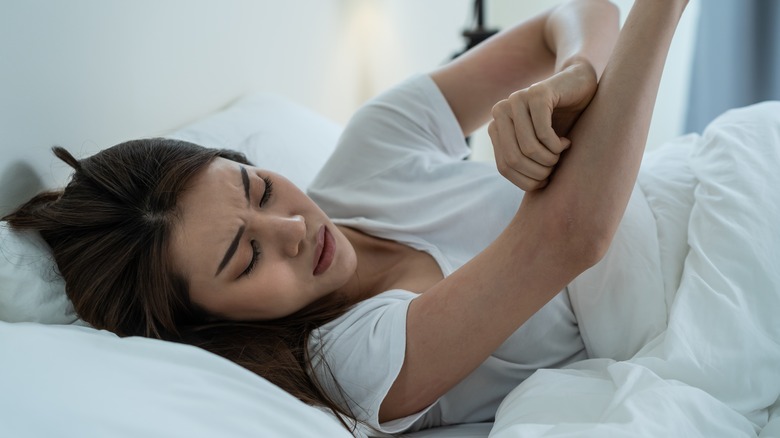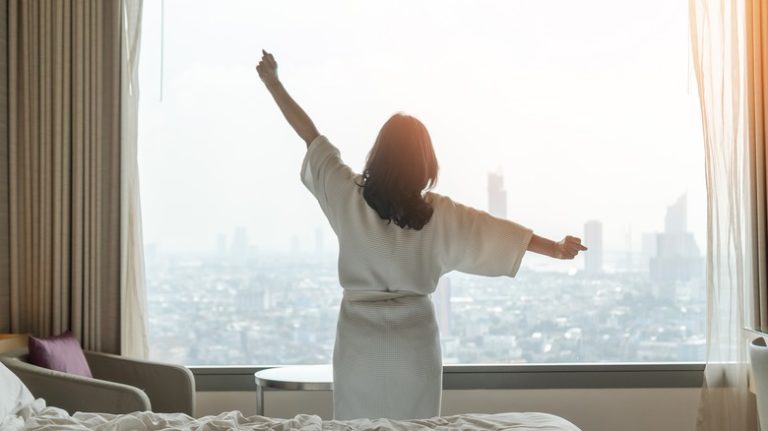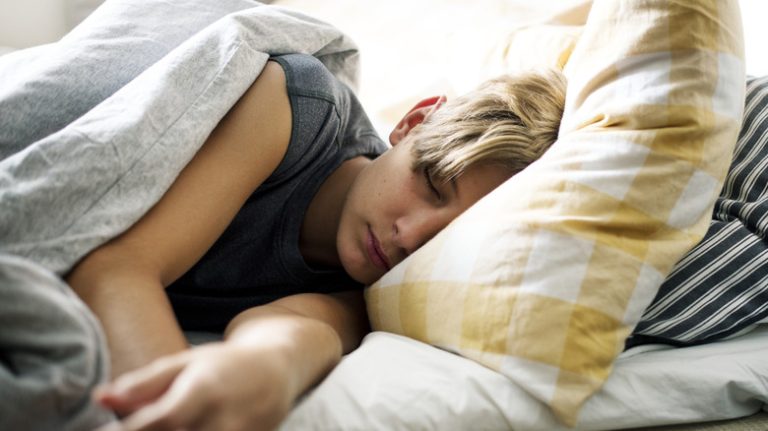Eczema is a disease that causes severe inflammation and dry skin patches, according to Mayo Clinic. Symptoms and types of eczema vary from person to person. But mostly, you may notice crusty areas on the skin that could eventually bleed. Severe itchiness and red rashes on different areas of the body can be expected. In some people, these indicators can appear as brown or black spots. Keep in mind, eczema causes your skin to become thicker due to lesions.
It is a highly prevalent disease but is more common in children than adults. According to the National Eczema Association (NEA), eczema affects about 10.1% of Americans, which makes up around 31.6 million of the population. Moreover, approximately 9.6 million children under the age of 18 years in the U.S. experience eczema symptoms. In fact, there have even been reports of eczema flare-ups in the elderly, particularly in those who are 60 years of age or older.
How to enjoy a good night’s rest with eczema

If you’re struggling with your eczema, you may have come across several home remedies. In fact, one critical concern some have is how to reduce itching at night. According to Healthline, the temperature of your room plays a primary role in triggering eczema. If your room temperature is hot, you may find the itching to get worse at night. So it’s important to adjust your thermostat to make the room feel cooler. Additionally, applying moisturizer before bedtime always helps. A well-moisturized skin prevents you from tossing and turning in bed due to eczema inflammation. Thus, limiting sleep disruption. However, you’ll want to apply a thick layer to the affected parts.
When you can, use lightweight and breathable fabric sheets, like those made with cotton (per GoodRx Health). Allergenic materials or a surface that’s too rough can keep you awake at night by scruffing up the skin. As a last resort, the experts at Medical News Today suggest taking antihistamines. Even though they may not ease eczema, the pills can help you fall asleep faster.


